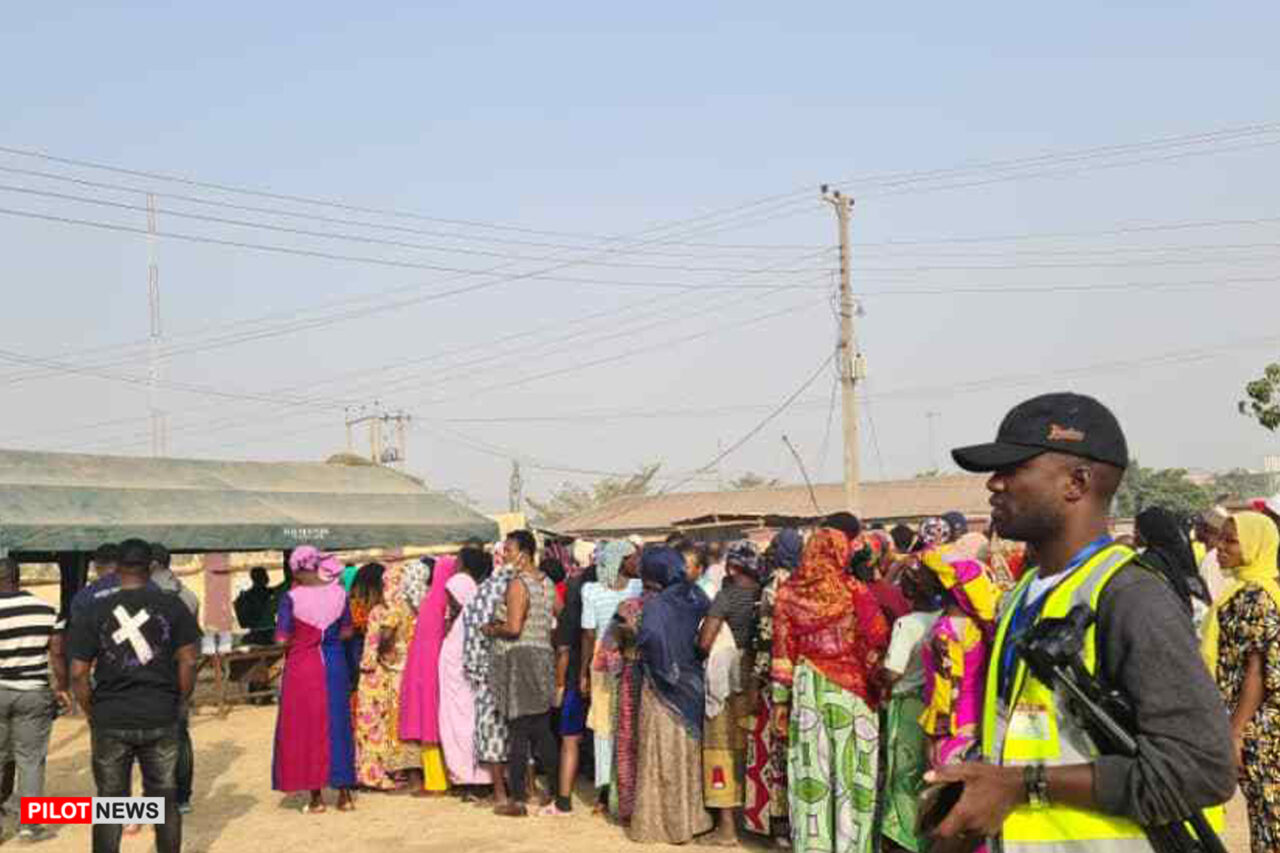ABUJA — The Centre for Democracy and Development (CDD) has disclosed that observers reported cases of vote-buying during the federal capital territory (FCT) council elections.
The senior programme officer of CDD, Austin Aigbe, said this on Sunday at a media briefing in Abuja.
According to him, observers deployed to monitor the last Saturday election reported low turnout of voters in some polling areas and also issues with the Bimodal Voter Accreditation System (BVAS).
“CDD, alongside other key stakeholders in the electoral process, kept a close watch on the process, while educating and mobilizing the electorate to participate massively in the process.
“Observers reported cases of vote-buying in Gwagwalada, where votes were bought with money. Another case of vote-buying was reported in 03 PU 003 where a voter was asked to quickly vote so he can be handed his money.
“At Abaji South-East Ward, code 03 PU 003, there were reports of serious vote-buying. Also, at Abaji ward 001 PU 003, party agents were seen doling out money to voters who only displayed their ballot papers indicating their party was voted for.
“In PU 003, Abaji South-East Ward, the vote-buying strategy involved party agents asking voters who had been induced to converge on a particular location away from the polling unit to sell their votes. Money exchanged hands ranging from N1,500 to N2,500. Voters were thereafter asked to meet a particular person for submission of their PVCs.
“In terms of the number of minutes spent on accreditation for areas where the BVAS worked, CDD EAC observers reported that voters spent an average of eight to 10 minutes on the accreditation process. This translates roughly to eight voters being accredited in one full hour.
“CDD observers also reported that across all the area councils, AMAC recorded the greatest number of functional BVAS. The area councils where observers reported non-functional BVAS were Kuje and Abaji.
“In terms of logistics, CDD observed that INEC officials who arrived before 8 am stood at 22.5 percent of the polling units observed, while poll officials who arrived between 8 am and 8:30 am stood at 50.7 percent.
“The poll officials who arrived after 8:30 am stood at 26.8 percent across polling units observed by CDD EAC observers,” he said.
- Breaking: Ohanaeze President General, George Obiozor, confirmed dead - December 28, 2022
- US to support NDLEA on improved intelligence gathering capacity - December 27, 2022
- Why diversified HIV/AIDS prevention tools matter for women - December 26, 2022


